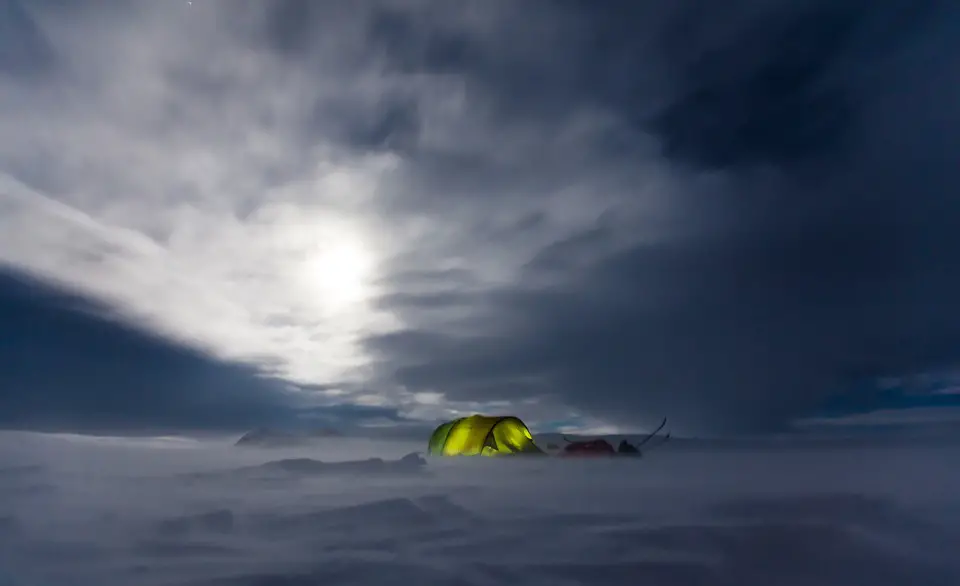Table of Contents
Introduction
Off the grid camping allows adventurers to escape the bustle of daily life and connect with nature on a deeper level.
However, with this freedom comes a responsibility to leave no trace and preserve the pristine beauty of the wilderness for future generations.
In this article, we will explore the ethics and joys of off the grid camping, highlighting the importance of minimizing our impact and sharing tips on how to do so without sacrificing the incredible experience of being truly immersed in the great outdoors.
Understanding Leave No Trace Principles
Leave No Trace (LNT) principles serve as a guide for responsible camping.
They encourage campers to minimize their impact on the environment, wildlife, and fellow outdoor enthusiasts.
These principles act as a roadmap to ensure that when we venture off the grid, we leave nothing but footprints and take nothing but memories.
Some key LNT principles include:
– Plan and prepare ahead to minimize waste and potential harm to the environment.
– Dispose of waste properly, using designated facilities or packing out what cannot be disposed of safely.
– Respect wildlife by observing from afar and not disturbing their habitats.
– Leave natural and cultural features undisturbed for others to enjoy.
Selecting a Suitable Campsite
Choosing the right campsite is crucial to minimize your impact on the environment.
Look for established campsites to avoid unnecessarily trampling vegetation and disturbing wildlife.
When camping off the grid, consider the following:
– Set up camp on durable surfaces like rocks or bare ground, avoiding fragile ecosystems.
– Stay at least 200 feet away from water sources to prevent contamination.
– Opt for existing fire rings instead of creating new ones.
Leave No Trace Cooking and Waste Management
Proper cooking and waste management are crucial elements of responsible off the grid camping.
Follow these guidelines:
– Use a camping stove instead of building a fire, minimizing damage to the surrounding environment.
– Pack out all trash and food waste, including banana peels and apple cores.
– Separate recyclables if possible.
Respect Wildlife and Their Habitat
One of the joys of off the grid camping is observing wildlife in their natural habitat.
To ensure their well-being and preserve the integrity of their homes:
– Observe animals from a distance, using binoculars or a camera with a zoom lens.
– Do not feed wildlife, as it disrupts their natural behavior and can be harmful to their health.
– Store food securely to prevent attracting animals to your campsite.
The Joys of Off the Grid Camping
Embracing off the grid camping provides a multitude of benefits, including:
– Disconnecting from technology and reconnecting with nature.
– Enjoying the serenity and solitude of remote locations.
– Developing a deeper appreciation for the environment.
FAQs
Q: How can I find information about LNT principles before heading out on my camping trip?
A: The Leave No Trace Center for Outdoor Ethics website offers detailed information about the seven LNT principles, tips, and resources to educate yourself before embarking on your off the grid camping adventure.
Q: Can I have a campfire while off the grid camping?
A: While campfires can add to the camping experience, it is generally recommended to use a camping stove for cooking to minimize the impact on the environment.
Follow local regulations and be aware of fire restrictions in the area you plan to camp.
Q: How can I dispose of human waste while camping off the grid?
A: Proper waste disposal is crucial.
Use designated facilities if available, or follow proper backcountry sanitation practices, such as burying waste in a cat hole at least 200 feet away from water sources and campsites.





